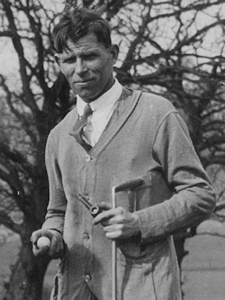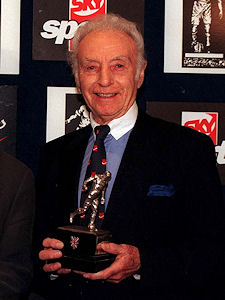Our Original Objectives, on formation in 1947
- To maintain the prestige of football writers
- To obtain higher standards of facilities
- To maintain a friendly liason with all football associations, leagues and clubs, as well as FIFA
- To welcome and entertain overseas football writers carrying out their duties in this country
- To be a medium for all grievances in London and provinces
- To promote social intercourse






